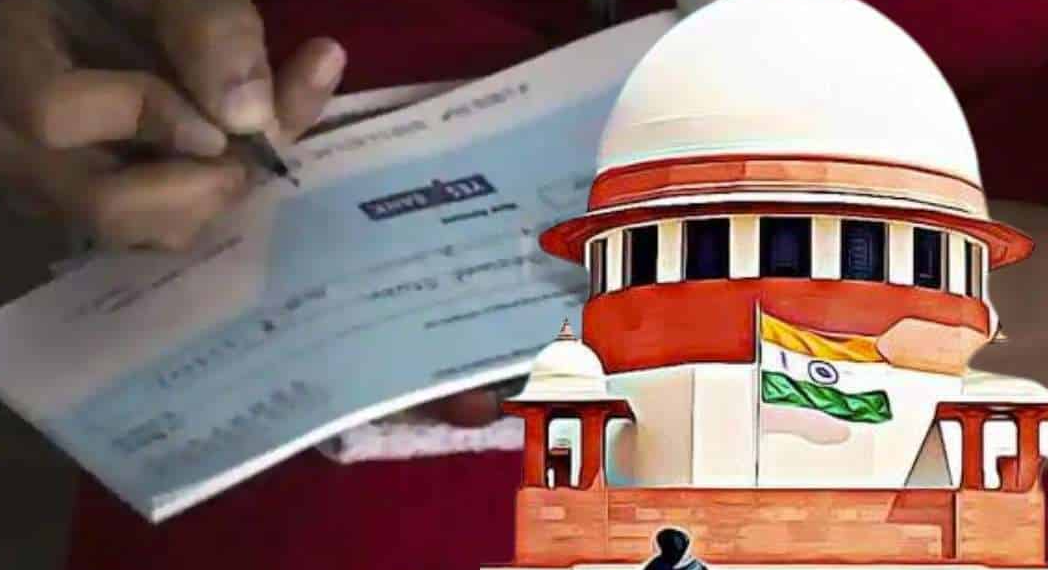Despite the growing prevalence of digital payments, some individuals and businesses continue to use cheques. However, one of the biggest challenges associated with cheque payments is the risk of a cheque bouncing. Even though electronic transactions dominate, legal repercussions still apply when a cheque is dishonored. As a result, courts handle numerous cheque bounce cases daily. Recently, the Allahabad High Court made a landmark ruling in such a case, affecting people across the nation.
Allahabad High Court’s Landmark Decision
The Allahabad High Court recently ruled that a company’s bankruptcy does not absolve its directors from their responsibilities. The court dismissed a petition seeking relief for a company director involved in a cheque bounce case, stating that legal proceedings must continue to assess the director’s role in the matter.
The court emphasized that only a proper trial could determine a director’s accountability for financial matters, including cheque transactions. Furthermore, the trial court has been instructed to conduct daily hearings and conclude the case within three months.
Details of the Case
The case involved Dinesh Hariram Valecha, a director of Valecha Engineering Company, who had filed a petition challenging the proceedings of a cheque bounce case in the Special CJM Court in Etawah. He also sought the dismissal of the charges against him.
Contractual Dispute and Cheque Bounce
Valecha Engineering Company had assigned a project to another company and, in return, agreed to pay over INR 7.16 crore. The company issued a cheque worth INR 6.50 crore to the recipient, but the cheque bounced due to insufficient funds.
After the cheque bounced, the affected company sent a legal notice demanding payment. However, Valecha Engineering Company did not respond or settle the outstanding amount, prompting the complainant to take legal action.
Legal Proceedings and Attachment Orders
Following the complaint, the court issued summons and non-bailable warrants against the directors of Valecha Engineering Company. However, the directors failed to appear in court. Eventually, attachment proceedings against them were initiated.
Some directors later appeared and obtained bail, but they continued to avoid further court appearances. They repeatedly requested exemptions from attending hearings, delaying the case. Due to these delays, the opposing company approached the High Court, requesting an expedited trial within six months.
Director’s Argument and Counterclaims
The petitioner argued that the notice regarding the cheque bounce case lacked specific details, such as the date of the transaction. Additionally, he claimed that the company’s attorney had authorized an employee to handle cheque transactions, absolving the director of direct involvement. Furthermore, he contended that the company had filed for bankruptcy, and a case was already pending in the National Company Law Tribunal.
Legal Implications for Bankrupt Companies
In its ruling, the trial court noted that despite previous orders to conclude the case within six months, the hearings were repeatedly delayed. The High Court emphasized that all directors were being excused from court appearances, undermining the integrity of the legal process.
The court strongly criticized the directors for deliberately postponing the trial. It clarified that even if a company declares bankruptcy, its directors remain accountable for financial liabilities, including cheque bounce cases.
This decision sets a precedent, reaffirming that company directors cannot escape legal responsibilities simply because their company has gone bankrupt. Courts will continue holding them accountable for financial transactions under their tenure.
